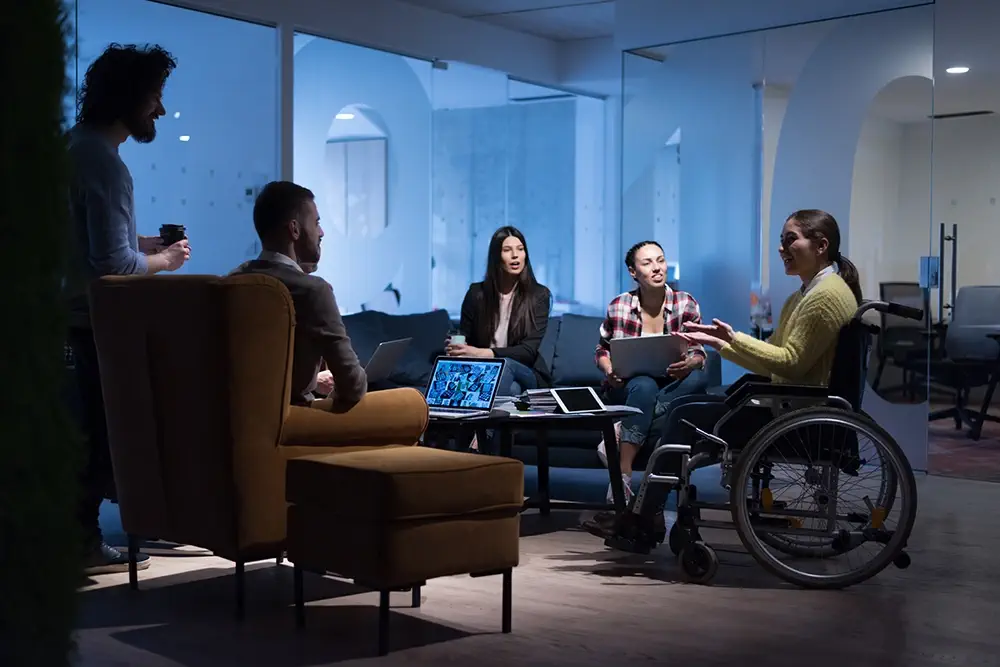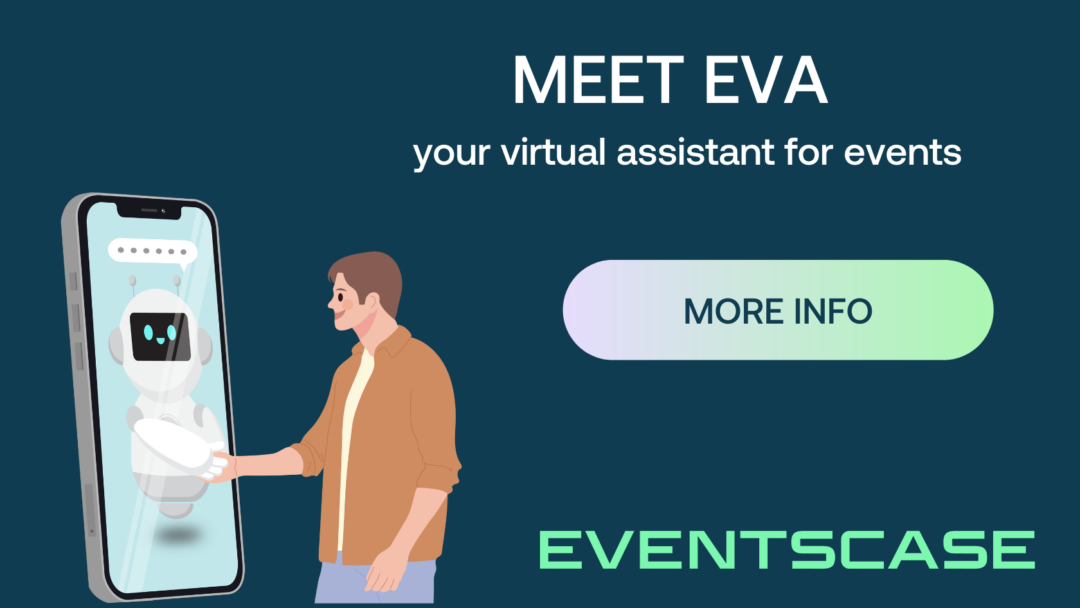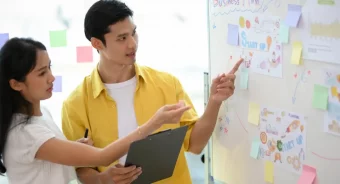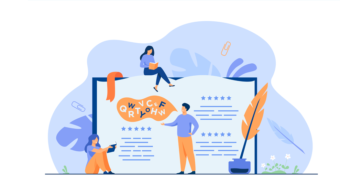Accessibility at events is a crucial aspect of ensuring the inclusion of all people, regardless of their physical or cognitive abilities. Here is a detailed guide to organising accessible events, with best practices and tips you can follow to ensure that all attendees can enjoy your event without barriers.
Understanding the Importance of Accessibility
Organising accessible events is not only a commitment to inclusion, it also broadens your potential audience and complies with accessibility laws and regulations. Accessibility ensures that all people, including those with disabilities, can fully participate in your event. This not only enhances the experience for attendees, but also reinforces your organisation’s reputation as inclusive and socially responsible.
Selection of the Event Venue
Site Accessibility Assessment
Choosing an appropriate venue is crucial. Ensure that the event site complies with accessibility regulations by confirming the presence of the following features:
Ramps and Lifts
Ensure ramps are suitably sloped and located at key points on the site for wheelchair users.
Accessible Toilets
Provide sufficient space for manoeuvring and equip toilets with support bars and washbasins at appropriate heights.
Adequate Signage
Include information in Braille and use high-contrast text suitable for the visually impaired.
Conduct a pre-visit to the site to personally verify accessibility conditions. Consult with accessibility experts or use checklists from recognized organisations to ensure no details are omitted.
Transport and Parking
Consider the accessibility of nearby public transport and the availability of accessible parking. Inform attendees about accessible transport options in pre-event communications. Ensure that there are sufficient accessible parking spaces near the event entrance and that these are clearly signposted.

Communication and Promotion of Accessible Events
Accessible Materials
Ensure all promotional materials, including the event website, are accessible by implementing the following features:
Alternative Text
Provide alternative text for online images, allowing screen reader users to understand the visual content.
Subtitles in Videos
Include subtitles in videos to make audiovisual information accessible to the hearing impaired.
Colour Contrasts
Use appropriate colour contrasts and legible fonts to facilitate reading for the visually impaired.
Implement web accessibility guidelines (WCAG) on all your digital platforms to ensure an inclusive experience for all users.
Pre-Event Information
Provide clear information about the accessibility of the event in all communications, emphasising the importance of accessible events. This includes details about access, available services, and how to request additional adaptations. Make sure this information is available in multiple formats, such as text, audio, and video.
Activity Planning
Inclusive Programming
Ensure the event content is accessible to all by incorporating the following elements:
Sign Language Interpreters
Provide sign language interpreters for live sessions and offer simultaneous translation where possible.
Real-Time Transcription
Implement real-time transcription for conferences and lectures, allowing hearing-impaired individuals to follow the content in real-time.
Materials in Accessible Formats
Supply materials in Braille, large print, and electronic formats compatible with screen readers.
Consider the needs of all attendees when planning the event program, including regular breaks and accessible rest areas.
Interaction and Participation
To ensure the organisation of accessible events, it is necessary to encourage the participation of all people through inclusive activities. Provide mobile microphones, questions in accessible formats and opportunities for interaction. Ensure that group dynamics and question and answer sessions are accessible and allow participation of people with diverse abilities.

Staff and Volunteers
Staff Training
Train your staff and volunteers on accessibility and disability issues. It is important that everyone is familiar with the needs of attendees and knows how to provide appropriate assistance at accessible events. Conduct workshops and training sessions so that staff are prepared to handle a variety of accessibility situations and needs.
Accessible Information Point
Establish an accessible information point at the event where attendees can get additional help and resources. Make sure this point is clearly signposted and easily accessible to all people. Staff at this point should be trained to answer questions about accessibility and offer assistance when needed.
Technology and Equipment
Assistance Teams
Provide assistive equipment such as inductive loops for the hearing impaired and visual aids. Ensure that all technical equipment used is accessible and easy to use. Carry out pre-testing to ensure that everything works properly and that staff are trained in its use.
Digital Access
If the event includes digital or virtual components, ensure that the platforms used are accessible. This includes live streaming events with captioning options and accessibility for screen readers. Provide clear instructions on how to access the accessibility features of digital platforms at accessible events.

Evaluation and Continuous Improvement
Gathering Feedback
After the event, collect feedback from attendees on accessibility. Use accessible surveys and encourage everyone to participate. Ask specifically about accessibility experiences and solicit suggestions for future improvements.
Analysis and Adjustments
Analyse the feedback received and make adjustments for future accessible events. Continuous improvement is key to ensuring the accessibility of all your events. Document learnings and establish an action plan to implement changes and improvements based on the feedback received.
Additional Resources
For more information on how to organise accessible events, we recommend you visit the following resources:
- Disability Rights Education & Defense Fund (DREDF)
- Web Accessibility Initiative (WAI)
- Americans with Disabilities Act (ADA) National Network
If you would like to subscribe to our newsletter to get live updates on everything related to our platform – news, blogs, events, announcements and much more, please, register here.






